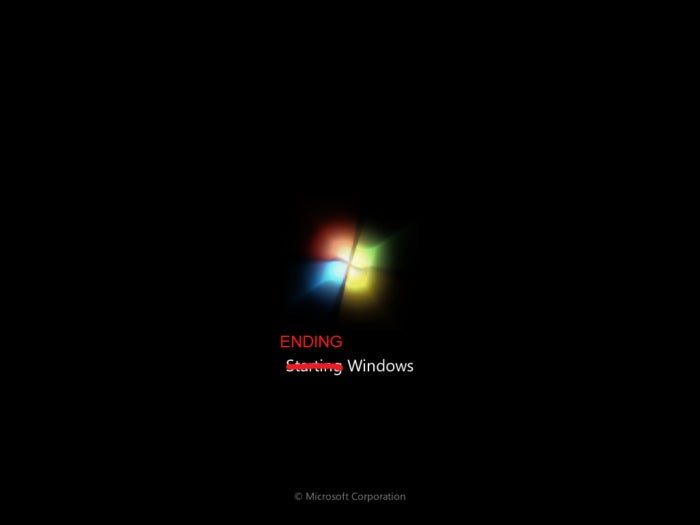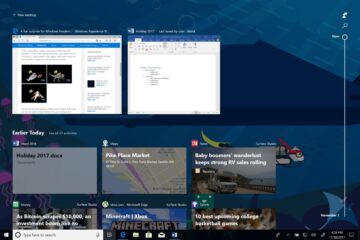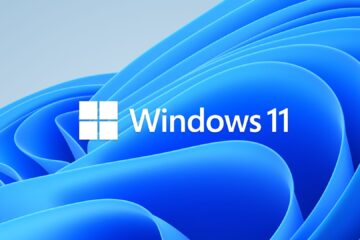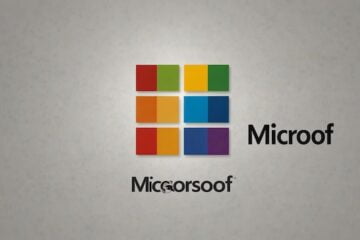
Microsoft today quietly put an end to sales of Windows 7 licenses to computer makers, marking a major milestone for the seven-year-old OS.
According to Microsoft’s rules, the Redmond, Wash. company stopped selling Windows 7 Professional or any version of Windows 8.1 to OEMs (original equipment manufacturers) as of Oct. 31.
The end of Windows 7 and Windows 8.1 left only Windows 10 as a long-term choice for OEMs that pre-load Windows on their wares.
The original end-of-sales deadline for Windows 7 Professional was to be Oct. 31, 2014—two years after the launch of Windows 8—but early that year Microsoft broke with practice and only called for an end to consumer systems. It left open the cut-off for Windows 7 Professional, saying it would give a one-year warning before it demanded that OEMs stop selling PCs with that edition.
Microsoft issued that warning a year ago.
Organizations with enterprise licensing agreements and Software Assurance—the annuity-like program that provides additional rights—may continue to purchase new PCs, then downgrade the OS from the already-installed Windows 10 to Windows 7 if they want to keep using the older edition.
And new Windows 7 Professional PCs won’t vanish immediately; OEMs will be allowed to use what licenses they have in stock.
For example, Dell’s online store today still listed 17 different notebook configurations equipped with Windows 7 Professional. The same goes for smaller computer sellers, like Puget Systems, an Auburn, Wash. custom PC maker: Such shops can continue to build new Windows 7 Professional PCs until their supply of licenses dries up.
Microsoft pulled the plug on Windows 7 even though it remains the most popular operating system on the planet. Windows 7 has lost about a fifth of its user share since the mid-2015 launch of Windows 10, but according to U.S. analytics vendor Net Applications, it powered 48% of all personal computers in October, more than twice Windows 10’s share.
Windows 7 support is to continue until January 2020, giving users just over three years to migrate to another operating system.
[Source:-Pc world]




